In the realm of septic systems, proper maintenance is key to ensuring functionality and longevity. Whether you’re a new homeowner or a seasoned property owner, understanding how to care for your Honey Dipper Septic system is essential. Below are 10 essential tips to guide you through the process and keep your septic system running smoothly.
1. Understanding Your Honey Dipper Septic System
Before diving into maintenance, familiarize yourself with the components and operation of your Honey Dipper Septic system. Understanding how it works will help you make informed decisions about its care.
Your septic system consists of several main components:
- Septic Tank: This underground chamber collects and holds wastewater from your home. Solid waste settles to the bottom, forming sludge, while lighter materials float to the top as scum.
- Distribution Box: This component evenly distributes wastewater from the septic tank to the drainfield.
- Drainfield: Also known as the leach field, this area consists of perforated pipes buried in trenches filled with gravel. Wastewater flows through these pipes and is naturally filtered as it seeps into the soil.
2. Scheduling Regular Inspections for Your Honey Dipper Septic System
Arrange for professional inspections of your septic system at least once a year. Regular inspections can help identify potential issues early on and prevent costly repairs down the line. During an inspection, a qualified technician will assess the condition of your tank, check for leaks, and ensure that all components are functioning properly.
3. Monitoring Water Usage to Preserve Your Honey Dipper Septic System
Be mindful of your water consumption habits. Excessive water usage can overload your Honey Dipper Septic system and lead to problems such as backups and drainfield saturation. Implement water-saving practices in your household to maintain the health of your system.
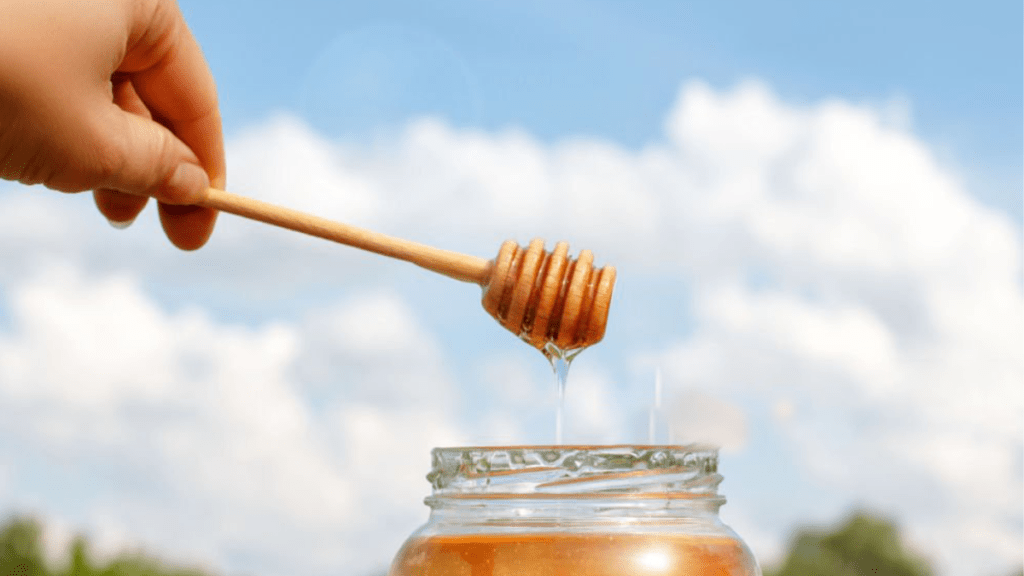
4. Practicing Proper Waste Disposal for Your Honey Dipper Septic System
Avoid flushing non-biodegradable items or harmful chemicals down the drain. These substances can disrupt the natural balance of your Honey Dipper Septic system and cause blockages or damage. Dispose of household waste properly to prevent issues.
5. Regular Pumping of Your Honey Dipper Septic Tank
Regular pumping is crucial for maintaining the optimal functioning of your Honey Dipper Septic system. Over time, solid waste accumulates in the tank, leading to sludge buildup that can clog pipes and cause backups. Follow recommended guidelines for pumping frequency based on the size of your tank and household usage.
6. Protecting Your Honey Dipper Septic Drainfield
The drainfield is an essential component of your septic system that helps to disperse treated wastewater into the surrounding soil. To ensure its proper functioning, keep heavy vehicles and structures away from the drainfield to prevent soil compaction and damage. Plant grass or shallow-rooted vegetation over the drainfield to help absorb excess moisture and prevent erosion.
7. Using Septic-Safe Products for Your Honey Dipper Septic System
Choose household cleaners, detergents, and personal care products labeled as septic-safe. These products are formulated to be biodegradable and less harmful to your Honey Dipper Septic system. Avoid using harsh chemicals or antibacterial agents that can disrupt the delicate balance of bacteria in your tank.
8. Promptly Addressing Plumbing Issues for Your Honey Dipper Septic System
Fix any leaks or plumbing issues promptly to prevent wastewater from seeping into your yard or contaminating your groundwater. Even minor leaks can escalate into major problems if left unattended. Keep an eye out for signs of plumbing issues, such as dripping faucets, running toilets, or damp spots around pipes.
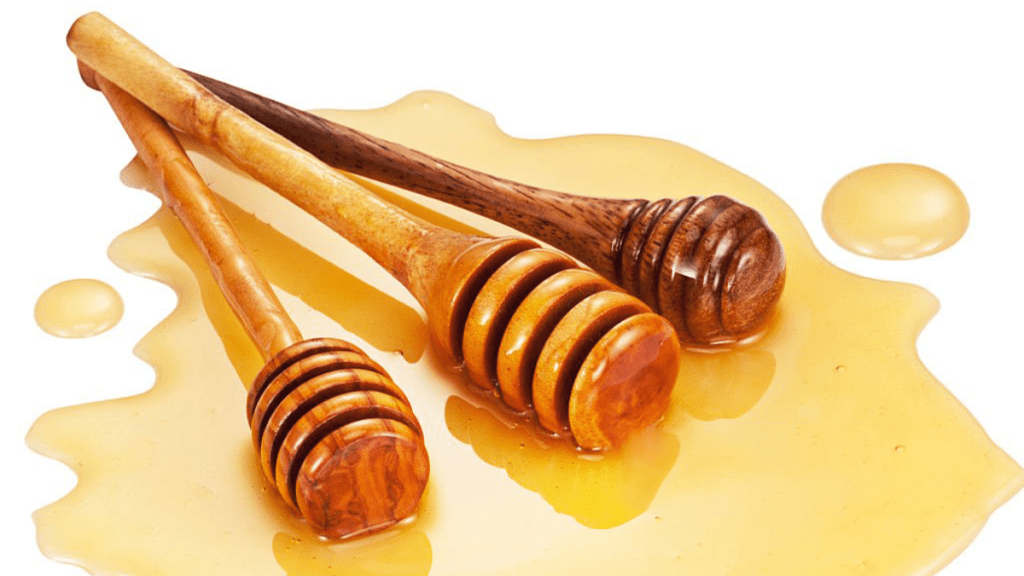
9. Avoid Overloading Your Honey Dipper Septic System
Spread out laundry and dishwasher loads throughout the week to avoid overloading your septic system with excessive water and waste. Pace out household chores to maintain a balanced load and prevent strain on your system. Be mindful of water usage during peak times, such as holidays or gatherings, and conserve water when possible.
10. Educating Household Members on Honey Dipper Septic System Care
Ensure that everyone in your household understands the importance of proper septic system care. Educate them on best practices for water usage, waste disposal, and maintaining the integrity of the system. Encourage family members to report any plumbing issues or unusual odors immediately to prevent further damage to the system.
11. Understanding the Importance of Septic System Maintenance
Proper maintenance of your septic system is crucial for protecting your property and the environment. A malfunctioning septic system can contaminate groundwater and surface water, posing health risks to you and your community. Regular maintenance helps prevent costly repairs and ensures the longevity of your system.
12. Recognizing Signs of Septic System Problems
It’s essential to be aware of common signs of septic system issues, including slow drains, foul odors, gurgling noises in plumbing fixtures, and soggy or wet areas near the drainfield. If you notice any of these signs, it’s important to address them promptly to prevent further damage and ensure the continued functionality of your system.
13. Importance of Professional Septic System Inspections
While homeowners can perform some basic maintenance tasks, such as monitoring water usage and practicing proper waste disposal, professional inspections are essential for identifying hidden problems and ensuring compliance with local regulations. During an inspection, a trained technician will assess the condition of your tank, check for leaks, and evaluate the overall health of your system.
14. Environmental Impact of Septic Systems
Septic systems play a vital role in protecting the environment by treating and disposing of wastewater in a safe and sustainable manner. However, when not properly maintained, septic systems can contribute to pollution and contamination of water sources. By following best practices for septic system care, homeowners can minimize their environmental footprint and protect natural resources.
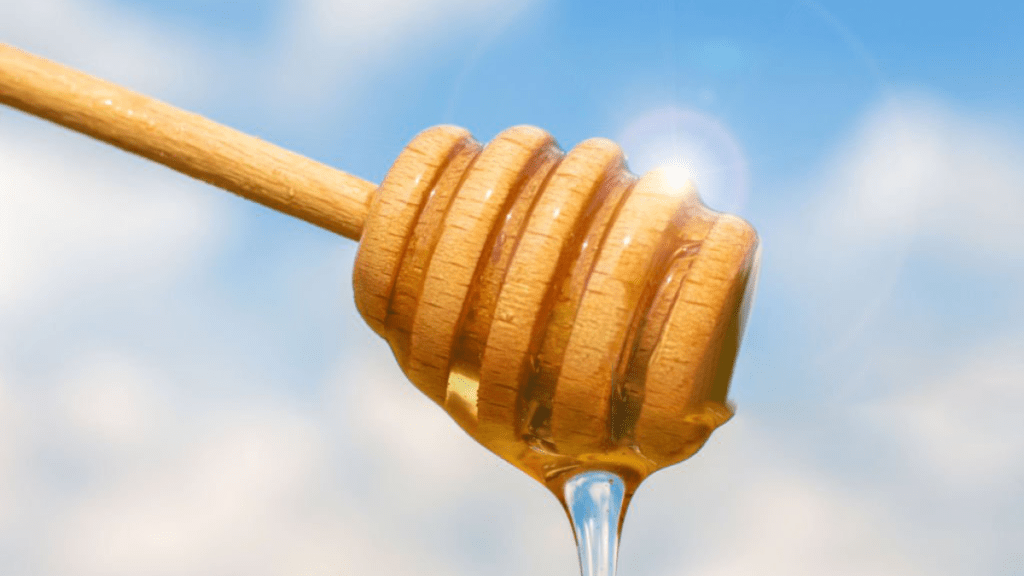
15. Long-Term Cost Savings with Proper Septic System Maintenance
While investing in septic system maintenance may seem costly upfront, it can save you significant money in the long run by preventing expensive repairs and premature system failure. Regular pumping, inspections, and minor repairs can extend the lifespan of your septic system and help you avoid costly emergencies.
In conclusion, caring for your Honey Dipper Septic system is essential for maintaining a healthy and functional home. By following the essential tips outlined in this guide and understanding the importance of septic system maintenance, you can ensure the longevity and efficiency of your system for years to come.
Conclusion
Taking proactive measures to care for your Honey Dipper Septic system can save you time, money, and headaches in the long run. By following these 10 essential tips, you can maintain a healthy and efficient septic system for years to come. Remember to schedule regular inspections, monitor water usage, practice proper waste disposal, and address any plumbing issues promptly. With proper care and attention, your Honey Dipper Septic system will continue to serve your household reliably.
5 Unique FAQs After The Conclusion:
How often should I schedule inspections for my Honey Dipper Septic system?
Are there any specific signs or symptoms I should watch out for that may indicate a problem with my septic system?
What are some common mistakes to avoid when it comes to septic system maintenance?
How can I effectively monitor my water usage to prevent overloading the septic system?
Are there any eco-friendly alternatives or upgrades available for septic systems?

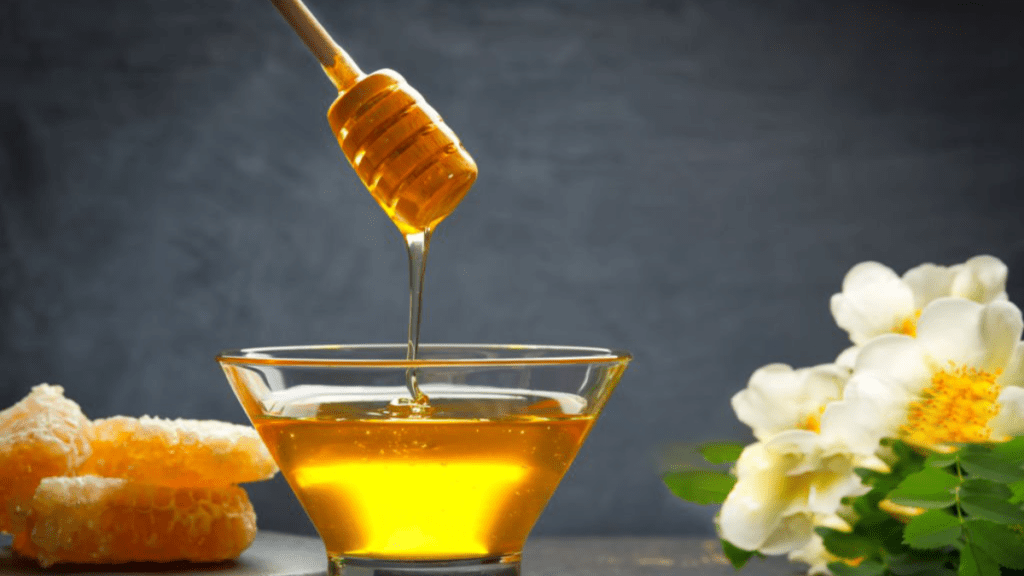
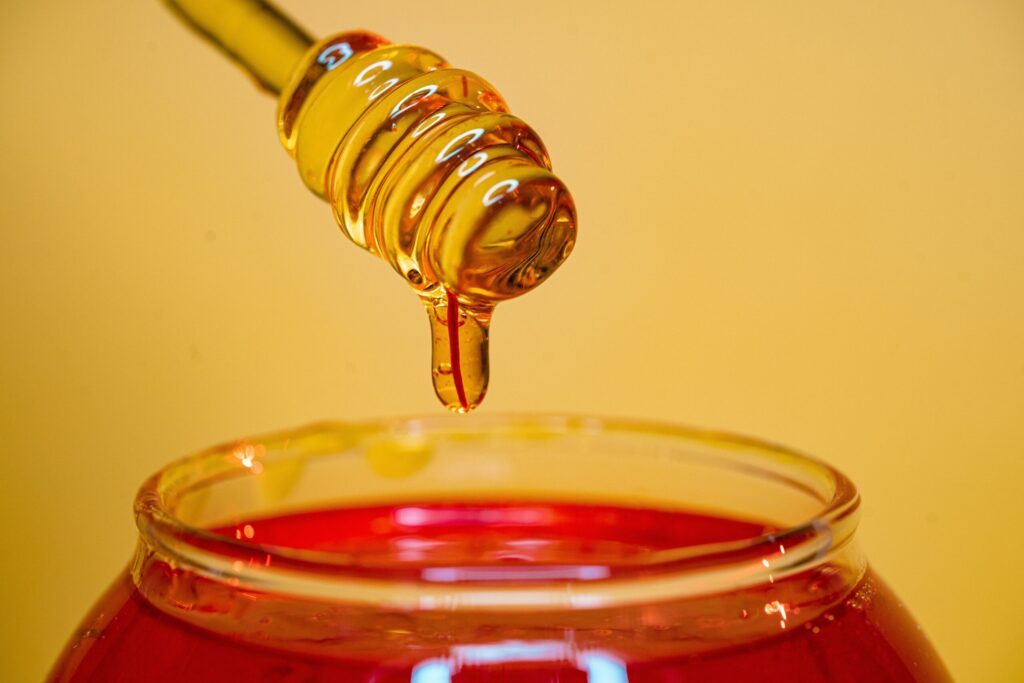
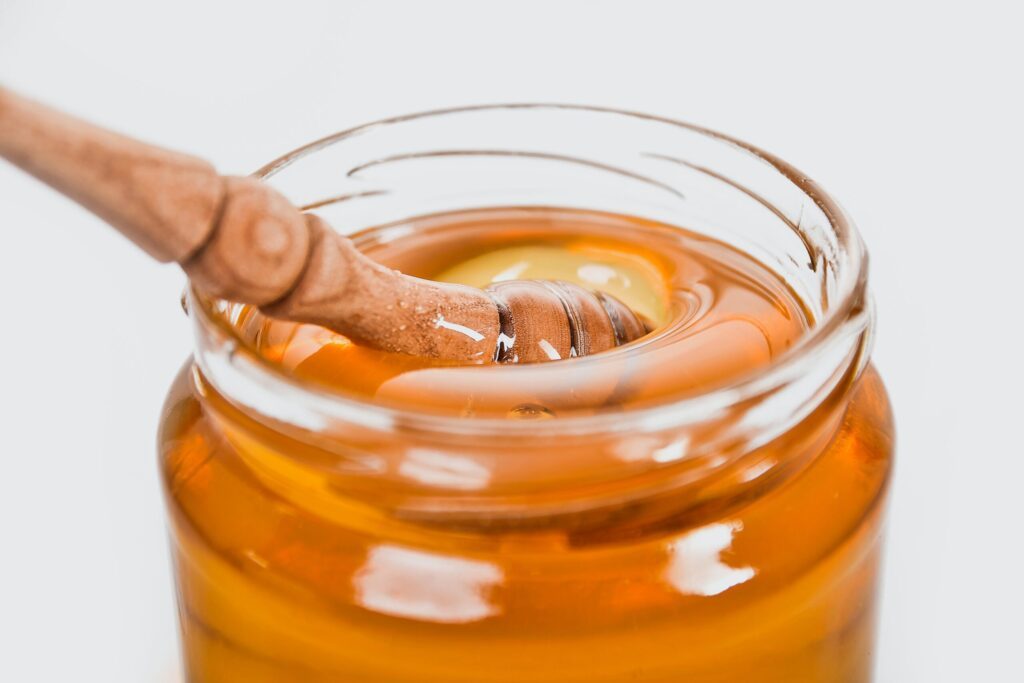
Pingback: 1 Honey Dipper vs Spoon: Choosing the Right Tool - Honey Whiz
Pingback: 1 Crystal Clear: The Ultimate Glass Honey Dipper Guide for Perfect Honey Drizzling - Honey Whiz